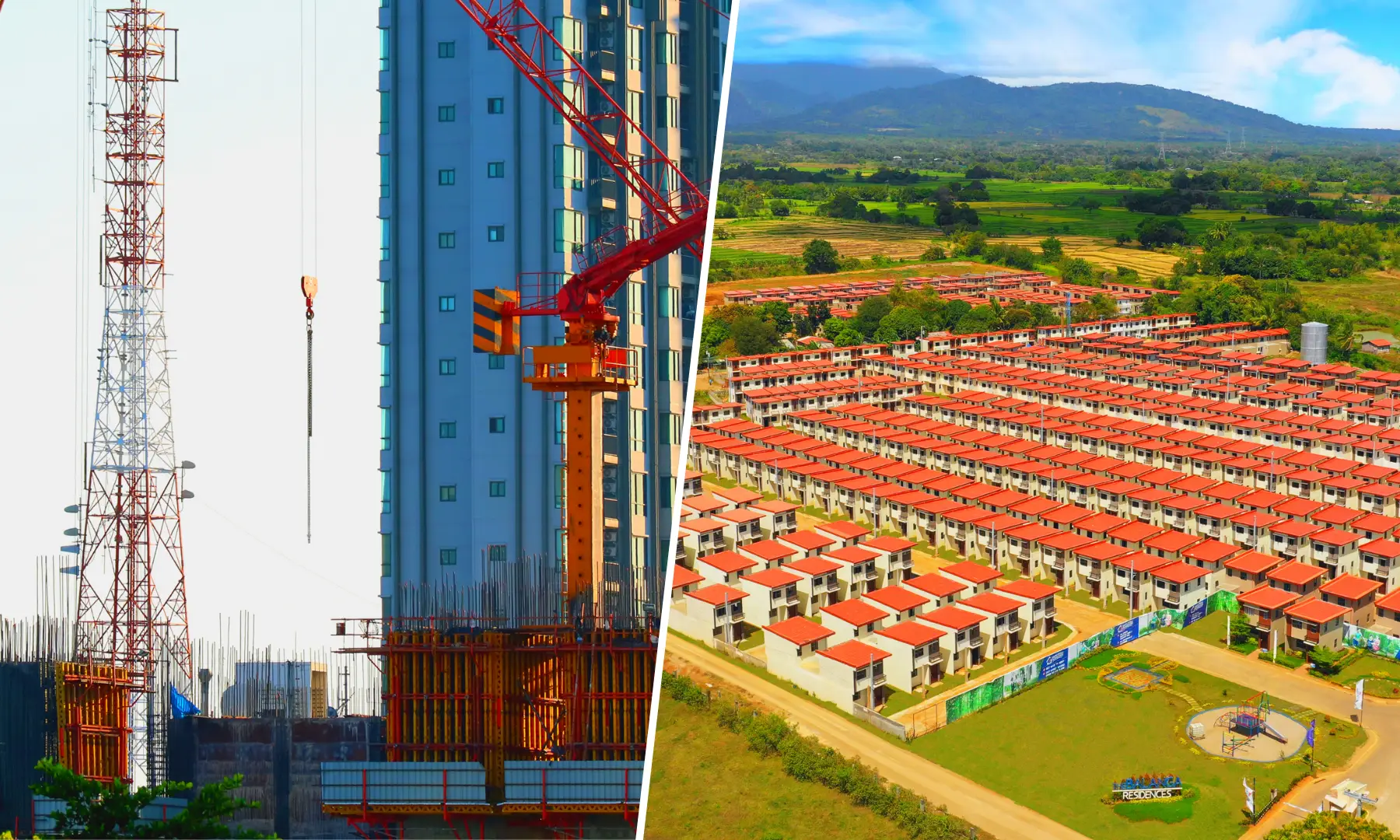
Infrastructure development plays a crucial role in developing nations' economic growth, social progress, and overall prosperity. Thailand is a Southeast Asian country known for its rich cultural heritage, vibrant cities, and stunning landscapes. In Thailand infrastructure projects are not just about the construction of roads, bridges, and buildings; they are about transforming the nation, connecting people, and establishing opportunities for future generations.
Introduction to Infrastructure Projects in Thailand
Thailand has embarked on an ambitious journey to enhance its infrastructure network, driven by the government's commitment to promoting legitimate development, cultivating economic growth, and improving the quality of life for its citizens. The country's strategic location at the heart of Southeast Asia, coupled with its robust economy and dynamic workforce, positions it as a regional hub for trade, investment, and tourism.
Infrastructure projects in Thailand encompass a wide range of sectors, including transportation, energy, water supply, telecommunications, and urban development. These projects aim to address critical infrastructure gaps, enhance connectivity, boost productivity, and support the country's transition towards a knowledge-based economy. It plays a crucial role in developing its infrastructure and economic development.

Key Infrastructure Projects in Thailand
Many infrastructure projects contribute to development. These projects are specially designed to better the lives of citizens.
Transportation Infrastructure
- Thailand's transportation infrastructure is undergoing significant upgrades to accommodate the growing demands of urbanization, trade, and tourism. Key projects include:
- Mass Transit Systems: The expansion of Bangkok's mass transit network, including the BTS Skytrain, MRT subway, and Airport Rail Link, to alleviate traffic congestion and improve connectivity within the capital and its outskirts.
- High-Speed Rail: The construction of high-speed rail lines connecting Bangkok with major cities such as Chiang Mai, Nakhon Ratchasima, and Rayong, as part of the government's Eastern Economic Corridor (EEC) initiative to promote economic development in the eastern region.
- Road and Expressway Upgrades: The development of new highways, expressways, and road networks to facilitate smoother transportation of goods and passengers across the country, including the Southern Economic Corridor and the Thailand 4.0 infrastructure plan.
Energy Infrastructure
- Thailand is investing in renewable energy and modernizing its infrastructure to reduce dependence on fossil fuels and mitigate environmental impacts. Key projects include:
- Renewable Energy Plants: Developing solar, wind, and hydroelectric power plants to diversify the energy mix and promote sustainability.
- Smart Grid Systems: The implementation of smart grid technologies to enhance the efficiency, reliability, and resilience of the energy supply network, enabling better management of electricity distribution and consumption.
Water Infrastructure
- Thailand is enhancing its water infrastructure to address water scarcity, flooding, and water quality challenges. Key projects include:
- Flood Management Systems: The construction of flood barriers, retention ponds, and drainage channels to mitigate the impact of seasonal floods and protect vulnerable areas.
- Water Treatment Facilities: Expanding and upgrading water treatment plants to ensure access to clean and safe drinking water for urban and rural communities.
Telecommunications Infrastructure
- Thailand is investing in digital infrastructure to foster connectivity, innovation, and economic competitiveness in the digital age. Key projects include:
- Fiber Optic Networks: The deployment of high-speed fiber optic networks to provide reliable internet connectivity to homes, businesses, and institutions nationwide.
- 5G Rollout: The deployment of fifth-generation (5G) wireless networks to enable faster data speeds, low latency, and support for emerging technologies such as the Internet of Things (IoT) and artificial intelligence (AI).
Impact of Infrastructure Projects on Thailand's Development
The impact of infrastructure projects in Thailand extends beyond the construction phase; it encompasses social, economic, and environmental dimensions that contribute to the nation's overall development.

Economic Growth
- Infrastructure investments stimulate economic growth by creating jobs, attracting private investment, and improving productivity. The development of transportation networks, for example, reduces logistics costs, enhances market access, and stimulates trade and commerce. Moreover, infrastructure projects catalyze ancillary industries such as construction, manufacturing, and services, further driving economic activity and generating income opportunities.
Enhanced Connectivity
- Infrastructure projects improve connectivity within Thailand and with neighboring countries, fostering regional integration, trade, and tourism. For instance, the expansion of mass transit systems reduces travel time, congestion, and pollution in urban areas, while high-speed rail links enhance mobility and connectivity between key economic centers. Improved connectivity also promotes the equitable distribution of economic opportunities and facilitates the exchange of knowledge, ideas, and cultural exchange.
Quality of Life
- Infrastructure investments contribute to improving the quality of life for Thai citizens by providing essential services such as clean water, sanitation, healthcare, and education. Flood management systems, for example, protect communities from natural disasters and reduce the risk of loss of life and property damage. Similarly, investments in healthcare infrastructure enhance access to medical services and improve health outcomes, leading to a healthier and more resilient population.
Environmental Sustainability
- Sustainable infrastructure projects promote environmental conservation and reduce carbon emissions, contributing to Thailand's efforts to combat climate change and preserve natural resources. Renewable energy projects like solar and wind farms reduce reliance on fossil fuels and promote clean energy generation. Moreover, investments in green infrastructure, such as green buildings and sustainable transport systems, minimize environmental impact and promote eco-friendly practices.
Conclusion
Infrastructure projects are key drivers of Thailand's development, supporting economic growth, enhancing connectivity, and improving the quality of life for its citizens. As the country invests in sustainable infrastructure, it will position itself as a regional leader in infrastructure development, innovation, and resilience. By leveraging the opportunities presented by infrastructure investments, Thailand can build a prosperous and sustainable future for future generations.
Some Of Previous Articles:
(Property Market Outlook)
(Best Cities in Thailand for Real Estate Investment)
Information and statistics for This Post Provided by Yoohoo Homes.


